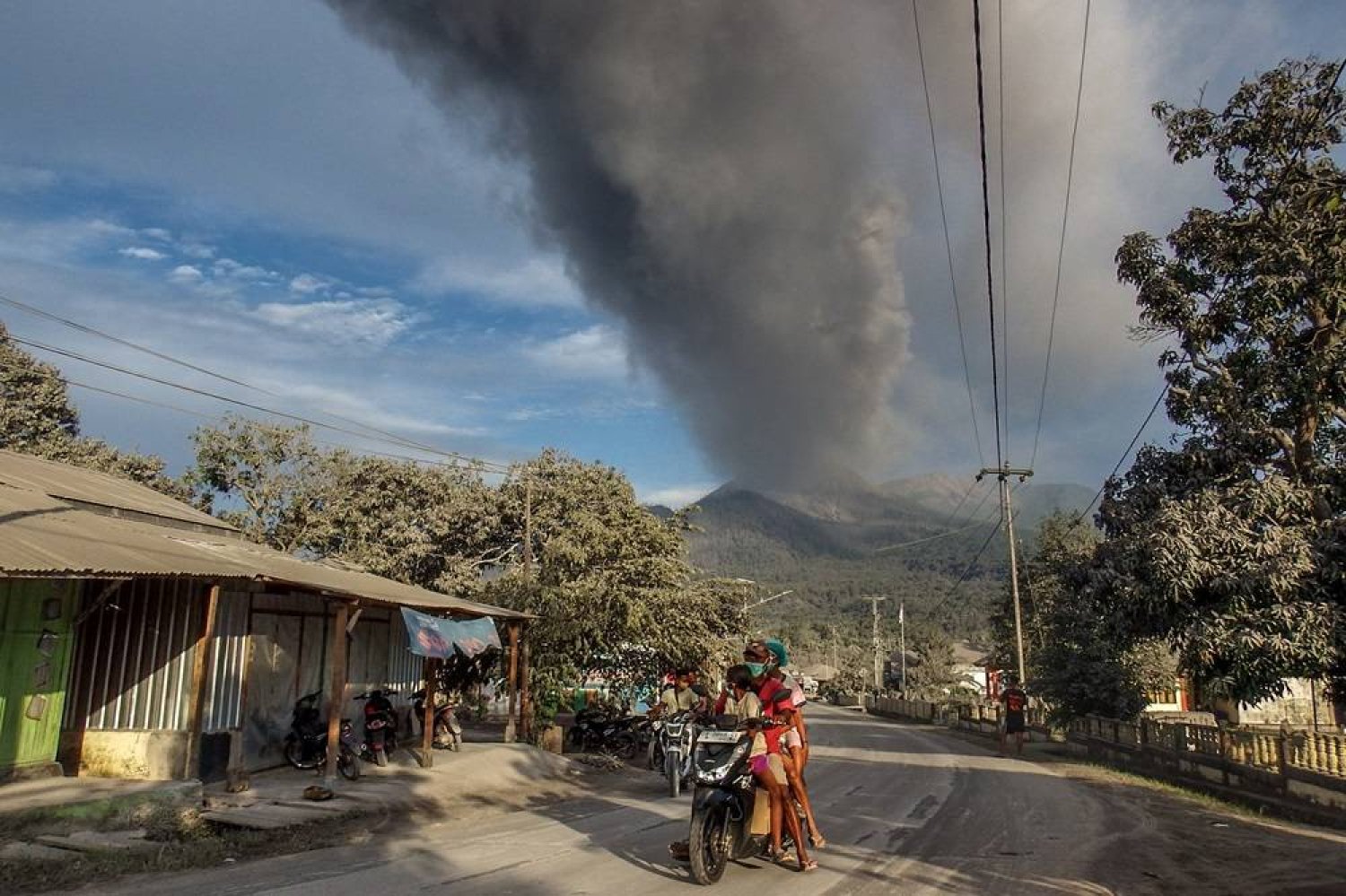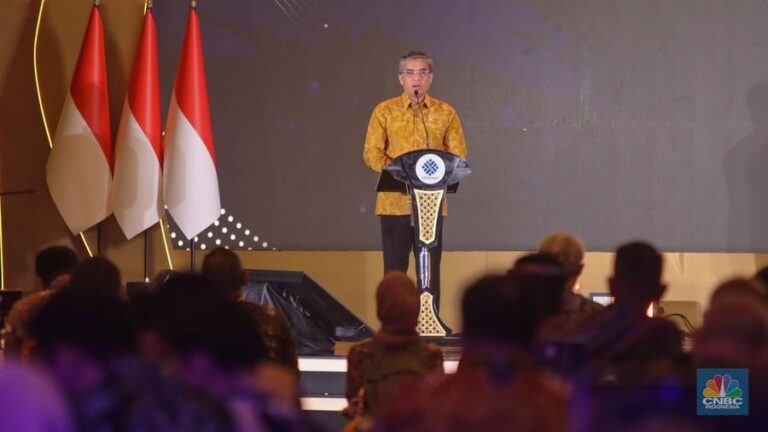A dense ash plume from Indonesia’s Mount Lewotobi Laki-laki has cast a shadow over Bali’s bustling air routes, leading to widespread flight cancellations and disrupting travel plans for thousands of passengers. The powerful eruption, which occurred over the weekend, produced a column of ash reaching 9 kilometers (6.2 miles) into the sky. This sudden escalation has forced multiple airlines, including Qantas, Jetstar, Virgin Australia, and several international carriers, to suspend their flights to and from the popular holiday destination.
Australian airlines acted swiftly to alert passengers on Wednesday, emphasizing that the cloud of ash presents severe risks to aviation safety. Virgin Australia highlighted the importance of putting passenger safety first, noting in a public statement that their “meteorology team is closely monitoring the situation.” With flight schedules in limbo, Virgin Australia confirmed that all flights to and from Bali were grounded for the day. Jetstar followed suit, announcing that their Bali routes would remain suspended until 12:00 p.m. Thursday, Australian Eastern Daylight Time (04:00 GMT).
The expansive ash plume has drawn the attention of Australia’s Bureau of Meteorology, which has warned that the debris could drift toward northern Australia, potentially impacting visibility and air quality in the region. Jetstar, Qantas, and Virgin Australia were not alone in their response to the volcanic threat; Hong Kong’s Cathay Pacific, India’s IndiGo, and Malaysia’s AirAsia also joined the growing list of airlines halting services to Bali, underscoring the transnational scope of the eruption’s impact. While some carriers, such as Singapore Airlines and its budget subsidiary Scoot, managed to maintain a handful of flights, most operations remain limited.
Ahmad Syaugi Shahab, the general manager of Ngurah Rai International Airport in Bali, reported that the volcanic ash prompted the cancellation of 22 international and 12 domestic flights as of Tuesday. Despite ongoing efforts to keep passengers informed, the volatile nature of volcanic eruptions complicates the situation, leaving travelers and airlines alike in a state of uncertainty. Airlines worldwide are making real-time adjustments to schedules, but the prospect of prolonged delays has loomed large for both the tourism industry and travelers eager to explore Bali’s beaches, temples, and natural beauty.
The eruption’s effects extend beyond air travel disruptions, affecting events across the Indonesian archipelago. In Labuan Bajo, approximately 600 kilometers from Mount Lewotobi Laki-laki, a jazz festival was postponed due to ashfall concerns. The delay highlights the far-reaching influence of volcanic activity, which, even at great distances, can impact large gatherings and celebrations.
Indonesia, situated along the Pacific “Ring of Fire,” is a country with frequent volcanic and seismic activity, hosting around 130 active volcanoes. Although the breathtaking landscape is a key element of Indonesia’s identity and allure, the threat of eruptions remains an ever-present concern for local authorities and travelers alike. Previous eruptions in the archipelago have led to similar disruptions; as recently as 2020, an ash plume from Mount Merapi in Central Java prompted the closure of an airport in the city of Solo. Indonesian officials and airlines continue to prioritize safety in the face of these natural hazards, underscoring the delicate balance between embracing the nation’s natural wonders and addressing the risks that accompany them.
As Bali’s travel sector grapples with the ash cloud’s unpredictable course, airlines and authorities remain vigilant, ready to respond as conditions change. The eruption of Mount Lewotobi Laki-laki serves as a stark reminder of nature’s ability to disrupt human plans, a reality that both airlines and travelers are facing with renewed awareness and caution.









